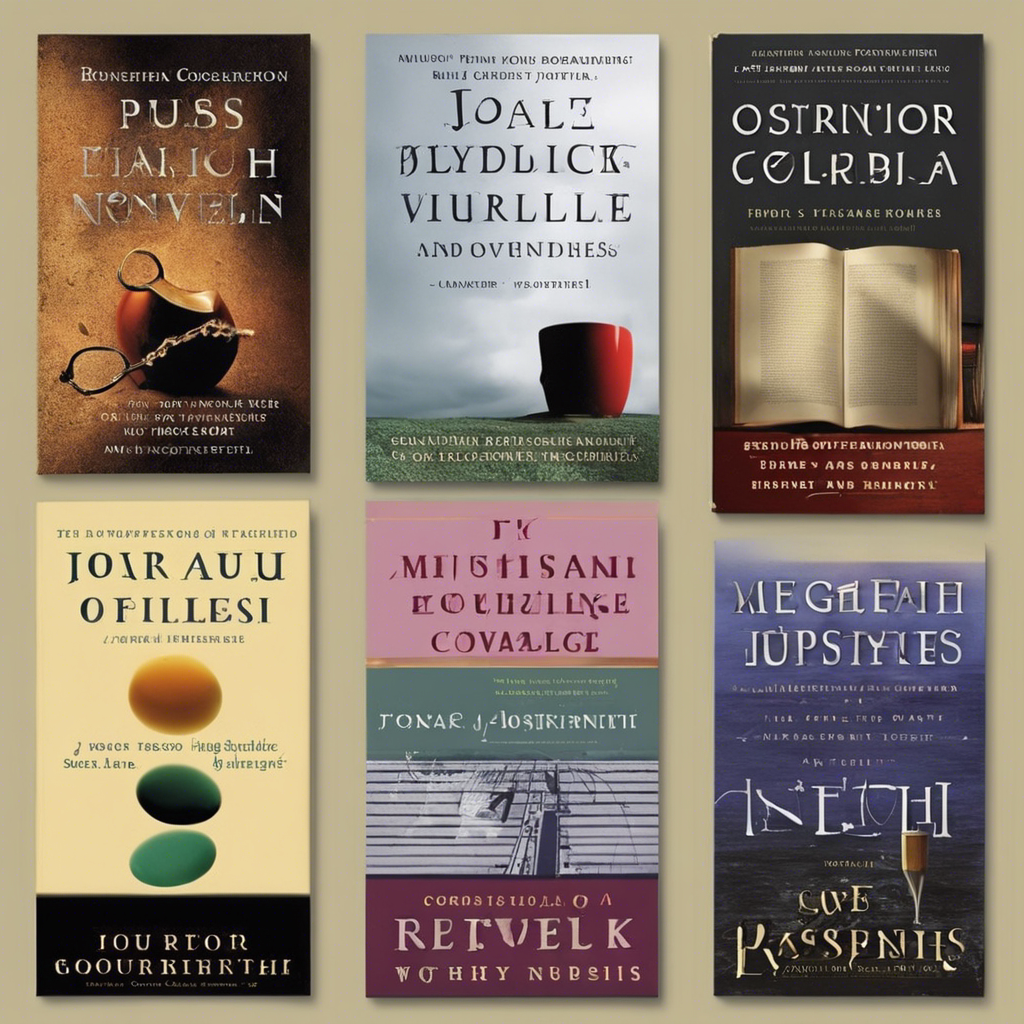From supernatural thrillers to climate change dystopia, these novels offer a unique perspective on pressing issues.
In a world where literature has the power to shape minds and challenge societal norms, four exceptional novels have emerged, each offering a distinctive take on pressing issues. From the haunting horrors of racism to the devastating consequences of climate change, these books delve deep into the human experience, leaving readers with a profound sense of reflection. In this article, we will explore these thought-provoking novels and the ways in which they push boundaries and challenge conventional storytelling.
“The Reformatory” by Tananarive Due: A Supernatural Thriller with a Powerful Message
Set in segregated Florida in 1950, “The Reformatory” by Tananarive Due draws inspiration from the violent abuse and deaths of Black children sent to the Dozier school for boys. Due, who wrote the novel to honor the memory of her great uncle, skillfully weaves a tense and exciting thriller around this grim reality. The protagonist, 12-year-old Robert Stephens Jr., arrives at the reformatory only to be haunted by the ghosts of the children who died there. As Robert grapples with their presence, he discovers the potential benefits of his ghost-spotting abilities. Through a blend of real and supernatural elements, Due sheds light on the horrors of racism and the enduring cruelties it engenders.
“The Lost Cause” by Cory Doctorow: A Call to Action in the Face of Climate Change
In “The Lost Cause” by Cory Doctorow, readers are transported to a California of the future, where rising seas, floods, and fires have displaced millions of people. Through the eyes of the protagonist, Brooks, the novel explores the urgent need for action in the face of climate change. Brooks aspires to become a Blue Helmet, part of a global force fighting to mitigate the effects of climate disaster. Doctorow’s depiction of a realistic future inspires hope rather than despair, challenging readers to consider their role in shaping a better world. With its timely message, “The Lost Cause” serves as a wake-up call to confront the challenges of a changing planet.
“Him” by Geoff Ryman: A Profound Exploration of Identity and Faith
Geoff Ryman, acclaimed author of “Air,” delivers another captivating novel with “Him.” Set in Palestine over 2,000 years ago, the story centers around Maryam, a woman who believes her daughter is destined to be a prophet. However, the child, who later calls himself the Son of Adam, insists he is a boy. As he grows, he attracts followers, performs miracles, and preaches a new way of life. Ryman’s alternate history combines realistic descriptions of a harsh landscape with profound human questions about identity and faith. “Him” challenges readers to reconsider their assumptions and confront the complexities of belief.
“Audition” by Pip Adam: A Genre-Bending Journey into the Unknown
Pip Adam’s “Audition” takes readers on a journey aboard a spaceship called Audition, where three giants try to recall their former lives. The ship, powered by sound, propels them towards an uncertain destination. As the story unfolds, the novel blends elements of science fiction, surrealism, and gritty social realism. With its unconventional narrative structure, “Audition” prompts readers to question the nature of existence and the boundaries of storytelling. Adam’s thought-provoking work challenges traditional genre conventions, inviting readers to explore the unknown.
Conclusion:
In a world hungry for diverse perspectives and fresh narratives, these four novels stand out as remarkable contributions to the literary landscape. From Tananarive Due’s haunting exploration of racism to Cory Doctorow’s urgent call to action on climate change, each book offers a unique lens through which readers can engage with pressing issues. Geoff Ryman’s profound exploration of identity and faith in “Him” and Pip Adam’s genre-bending journey in “Audition” further expand the boundaries of storytelling. As readers immerse themselves in these thought-provoking narratives, they are reminded of the transformative power of literature and its ability to challenge, inspire, and shape our understanding of the world.











